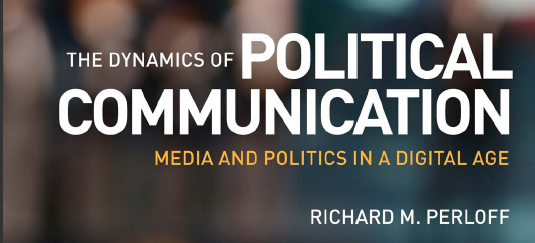Chapter 1 • The Panoply of Political Communication
Classical Direct Democracy
Athenian democracy was distinctive, unique in its time. It also has articulated key principles that have guided subsequent democratic theories and underpin contemporary democratic governments. The philosopher Aristotle endorsed this view, arguing that human beings were political animals. But he did not mean that people were political in the sense we sometimes use the term today—networking and conniving to gain advantage over others. Aristotle believed that the good life consisted of participation with others on common tasks and deliberating in public to determine just outcomes for the larger community.
Liberal Democratic Theory:
Liberal democratic theories evolved in the 17th and 18th centuries as people grew frustrated with the power of absolutist rulers and the many ways that European monarchies stifled individual freedom. Democratic government emerged as a way to protect individuals from oppressive use of political power. Liberal perspectives on democracy emphasize the natural rights of individuals— their right to life, liberty, property, and pursuit of happiness, to combine the writings of Locke and Thomas Jefferson. This was exciting and important stuff, the notion that individuals had inalienable rights that government could not sever. Liberal democratic approaches emphasized that an individual should be allowed to follow his (much later, her) own drummer in matters of speech, press, religion and economics. People needed a sphere of life where despotic monarchs could not intervene. Thus, liberal theories embraced the private sphere: for example, private enterprise and private property. They recognized that the Athenian notion of direct democracy was impractical for mass society. They advocated representative government, in which citizens elected others to stand in for them and represent their viewpoints on matters of policy. Elections provided a way to ensure that individuals determined government policy, making “public officials the servants rather than the masters of the citizenry”.
Deliberative Democracy
To deliberative democrats, the platitudes of liberal democracy—liberty and equality— are nice, but without reflective thinking, our politics is nothing more than a loud cacophony of selfish interests competing futilely on the public stage. Deliberation advocates argue that we need more civil and respectful public dialogues, such as community forums that can help set agendas and shape municipal policy. They urge that journalists cut back on horse race reporting that focuses on election polls and consultants’ strategies. Instead, deliberation proponents argue that journalists should embrace public journalism, which emphasizes ways that reporters can reconnect with the larger communities in which they work, elevating the concerns of the public over those of political elites
Three Normative Perspectives on Democracy.
| Classical Greek | Direct Liberal Democracy | Deliberative Democracy |
| Principles
Direct citizen participation
Equality Citizen obligation to society
|
Natural rights of individuals
Representative government Private marketplace of ideas |
Reasoned public deliberation about issues Civil discourse Collective dialogue that influences policy |
| Communication emphasis
Well-crafted rhetorical arguments |
Free expression no-holds-barred press |
Forums/articles that encourage deliberation |
| Shortcoming
Impractical in mass society
|
Treats citizenship as a private commodity rather than public good |
Preachy and dismissive of decisions not based on pure deliberation |
Scholars with different political perspectives agree that, for all its inherent shortcomings, democracy remains the best form of government that humans have developed. Communication plays a critical role by connecting leaders with the citizens they govern. How this happens, how effectively it works, and how well it comports with democratic ideals are the focus of the chapters that follow. So get ready for a ride through the dynamic, active, zany, troubled, but vital, world of political communication; hold on to your hat, and prepare to consider a multitude of new ideas and even some bumpy jostling of cherished political assumptions. You may end up reviewing, recalibrating, or even reconsidering some of your beliefs.
